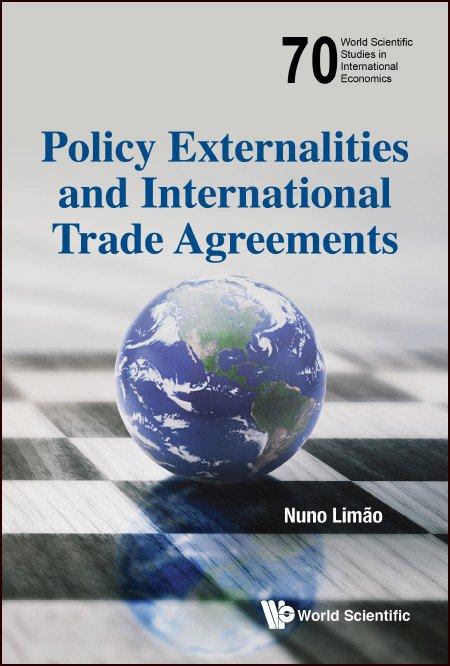The research in this volume aims to understand the impacts of international trade on policies and economic outcomes of highly interdependent countries and the role of institutions in shaping them. It comes at a critical time: the unprecedented wave of international economic integration since the 1990’s was abruptly interrupted by a collapse in commerce and fears of a trade war in 2008-09. Moreover, the recent backlash against trade agreements by two of its traditional supporters threatens a wave of disintegration. The United Kingdom has voted to exit the European Union and the United States is renegotiating and possibly abandoning some of its trade commitments.
The studies provide groundbreaking evidence of the role of international market power and policy uncertainty as motives for trade agreements and on the potential clash between preferential trade liberalization (e.g. European Union, NAFTA) and multilateral agreements (WTO). The studies presented in this book not only identify and estimate how different policies interact with each other and across agreements, but also examine how international trading institutions can be used to limit redistribution towards special interest groups and enforce better cooperation across issues, such as labor and the environment, and between developing and developed countries.
The book is available here https://www.worldscientific.com/worldscibooks/10.1142/10234


